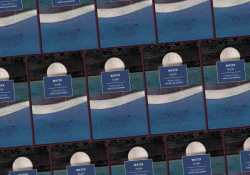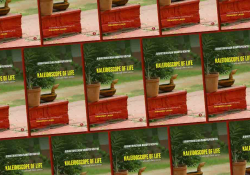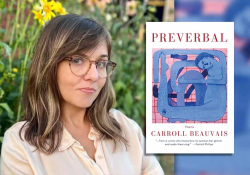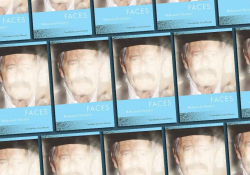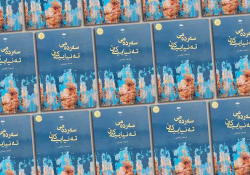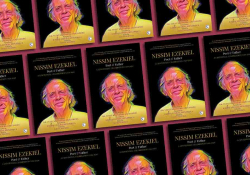Joy Harjo’s Mo(u)rning in America
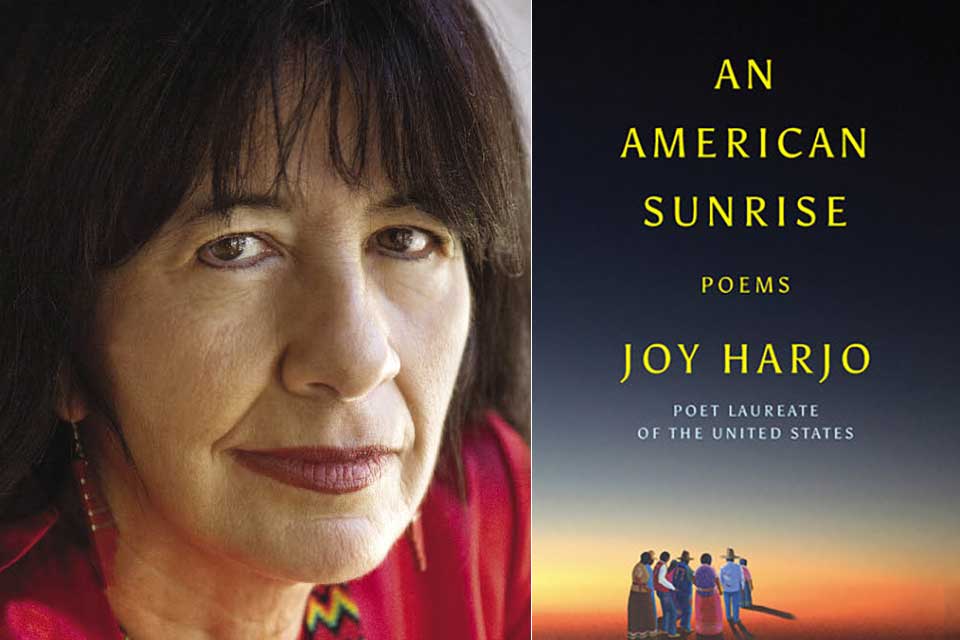
A well-traveled road in our collective consciousness is the question of what it means to be human. Joy Harjo is a master of this examination and delves through layers of origin and memory in order to make sense of our human existence. Our human experience. Throughout her collective writing, Harjo consistently studies the balance of soul and body, our relationship to the ancestors and nature. An American Sunrise (2019), due out today from W.W. Norton, could not have come to us at a more appropriate time, as Harjo’s familiar songs of family and tradition turn to lessons on the genealogy of violence, the process of grief, and deep criticism of greed and power.
There is continual suffering and grief, but the possibility of renewed love and joy remains, and the completeness of our human experience as a species—not just as individuals—depends on how the children are taught to live.
An American Sunrise begins with an epitaph that reads, “For the children, so they may find their way through the dark – / They are all our children.” This framework is not so much a dedication as it is a lesson, even a warning. Though many of the poems in this book give glimpses of history and connect objects from the past to now (even including actual maps), Harjo makes it clear that what we think is past is present, and is part of us always. “We are in time,” she writes. “There is no time, in time” (17). In this way, there is continual suffering and grief, but the possibility of renewed love and joy remains, and the completeness of our human experience as a species—not just as individuals—depends on how the children are taught to live. It is the responsibility of each person to be a light in darkness.
So many of the poems in this collection resonate with the collective challenges we currently face. As we continually navigate tragedy after tragedy, Harjo’s words land powerfully in “How to Write a Poem in a Time of War,” that “Terror had become the familiar stranger,” just as we hear news anchors say in the twenty-four-hour news cycle that we must not normalize violence. In “The Fight,” Harjo writes what so many of have not yet been able to express: “I grow tired of the heartache / Of every small and large war / Passed from generation / To generation” (21). What An American Sunrise offers for readers as we navigate unstable times is a reminder of what is truly valuable amid the tumult: honor, memory, and the Earth herself. Harjo honors the world as a living being, admonishing our societal love of money over care for the planet. In response to the damage done, “Earth’s womb tightens with the need to push,” to rid herself of humanity.
As we consider the changes occurring globally, Joy Harjo reminds us that we must remember always that “Rivers are the old roads, as are songs, to traverse memory” (34); that we must emerge “from [this] story, dripping with the waters of memory,” just like Harjo herself as she cleaned her mother’s body with so much care. We must never forget our histories, and we must always continue to sing.
University of North Texas
Editorial note: Harjo will be the marquee writer in the fall 2019 issue of WLT, which will include a mini-interview with her as well as her poem “Bless This Land.”

